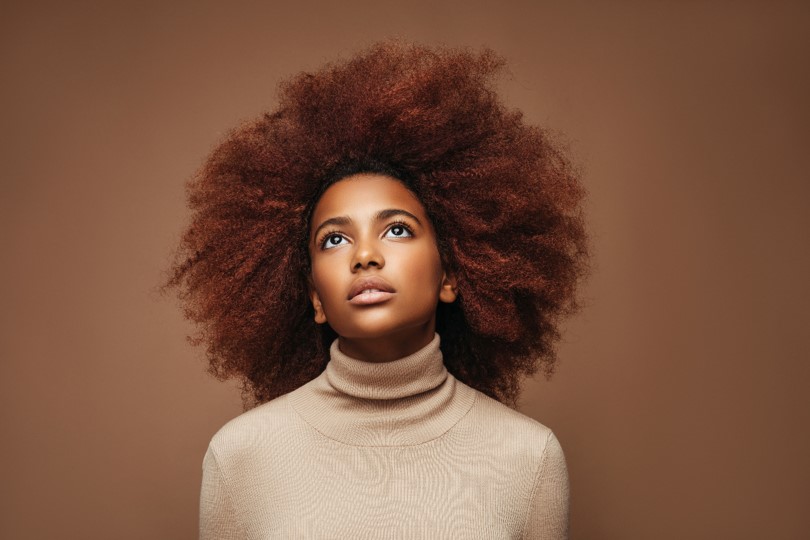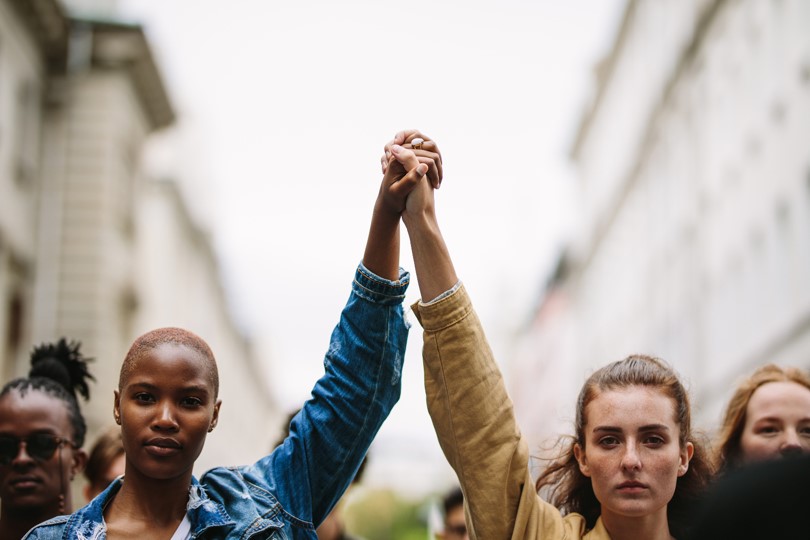Few issues in the United States divide people more sharply than abortion. The debate reaches far beyond politics, touching on morality, religion, health care, bodily autonomy, and human rights. While Americans have long wrestled with reproductive freedom, the Supreme Court’s landmark Roe v. Wade decision in 1973 brought the question into the national spotlight.
Roe v. Wade and Where We Are Now
In Roe v. Wade, the Court held that women had a constitutional right to choose abortion, grounded in the right to privacy. For nearly fifty years, that ruling shaped reproductive rights across the nation.
But in 2022, Dobbs v. Jackson Women’s Health Organization overturned Roe, sending abortion regulation back to the states. Overnight, the country became a patchwork: some states protecting access, others banning abortion entirely—even in cases of rape or incest.
This is not just a legal shift—it has life-altering consequences for women and girls.
The Human Side: Rape, Incest, and Abuse
What kind of society forces rape victims to carry their rapists’ children? What do we say to a little girl abused by her father or stepfather, told she must endure pregnancy against her will? To demand childbirth in such circumstances is not compassion—it is cruelty disguised as morality.
Children born into abusive or unstable households face higher risks of neglect, poverty, and entry into foster care or shelters—systems already stretched to capacity.
Protecting life is meaningless if that life is marked by suffering and lack of opportunity.
Why Do People Care?
Many who call themselves “pro-life” show little interest in supporting children once they are born. Minority women—particularly Black and Hispanic women—are statistically more likely to seek abortions, often due to systemic inequities in health care, income, and access to contraception.
More than 6.7 million Black women—nearly 57% of Black women in the U.S. between the ages of 15 and 49—live in the 26 states that have restricted or banned abortion since Roe was overturned.
It is ironic that so much energy is spent “protecting” unborn babies, while the women who are already living—the ones who will care for and raise these children—are often left without support, health care, or economic security.
Birth Control and Reproductive Health
Many pro-life advocates also oppose birth control. Yet contraception dramatically reduces unintended pregnancies and, by extension, abortions.
If the goal is fewer abortions, why block the very tools that make that possible?
The Myths About Abortion
A persistent myth claims that women choose abortion carelessly—because they don’t want to gain weight, or because they are indifferent to the fetus. Reality tells another story.
Most abortions occur for urgent, complex reasons: serious health complications, life-threatening risks, pregnancies resulting from rape or incest, or situations where continuing would cause profound harm. These are decisions made out of necessity, not convenience.
CDC and Guttmacher Data: About 1% of abortions are sought due to rape, and less than 0.5% due to incest, according to The Heritage Foundation. Additionally, the CDC reports that one in 20 women in the U.S. have experienced a pregnancy resulting from rape or sexual coercion during their lifetimes. Even this small percentage represents women facing trauma and impossible circumstances.
Who Bears the Burden?
Abortion bans do not affect all women equally. Black women in the U.S. are more than three times as likely as White women to die from pregnancy-related causes. Restricting access to abortion and reproductive care magnifies that risk.
Black women are more than 3 times likely to die from pregnancy-related conditions … rates of many risk factors (such as asthma, diabetes, or high blood pressure) are higher among Black, Latina, and Asian women than among White women.
These laws fall hardest on those already most vulnerable. They deepen racial disparities and make pregnancy far more dangerous for women of color.
Abortion bans also ignore broader social realities: children born into households that cannot provide safety, stability, or opportunity face heightened risks. Foster care systems and shelters, already stretched thin, must absorb children whose families are unequipped to care for them. Restricting abortion without addressing these social factors endangers both women and children.
Abortion and Control: A Question of Power
At its heart, abortion is about control. For centuries, men in power have sought to dictate women’s choices, bodies, and futures. Laws restricting abortion continue that tradition.
State Legislators: In the 2023 legislative session, approximately 70% of lawmakers in Texas were men, according to The Texas Tribune. While this statistic pertains specifically to Texas, it reflects a broader trend across the United States. Yet these legislatures continue to write and pass laws regulating women’s reproductive choices. Nationwide, women held about one-third of state legislative seats in 2023, according to ProPublica.
When abortion is denied, autonomy disappears. Survivors of rape or incest endure not only their abuser’s violation but a second violation: laws forcing them into motherhood.
Reproductive rights are human rights. Denying abortion is not protecting life—it is limiting women’s freedom, independence, and equality.
The God Argument
Religion often dominates the debate. Yet even the Bible recounts countless children and entire populations destroyed by war, plague, and flood. Where was divine protection then?
Christian teaching also emphasizes free will. If God granted humanity freedom of choice, then women too have the right to decide for themselves. And if abortion is a sin, it is between the woman and God—not lawmakers or strangers. Judgment, if any, belongs to God alone.
No One Is “Pro-Abortion”
No one celebrates abortion. It is not something women want—it is sometimes life-saving.
Taking away that choice does not protect life. It endangers it—especially when the women already living are left unsupported, and children born into unfit homes face lifelong struggles.
Abortion is not about politics. It is about humanity.
Closing Call-to-Action
Every law that strips away reproductive rights doesn’t just end choice—it endangers lives. The question is, how many more must suffer before we act?





